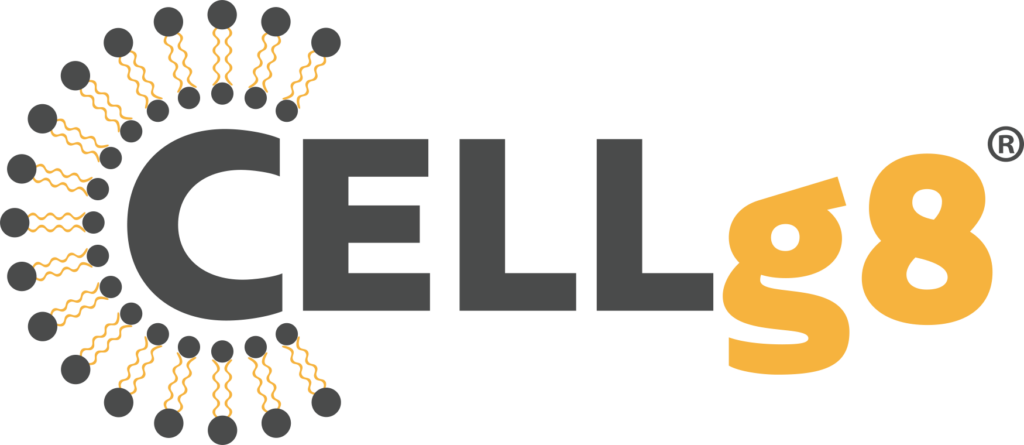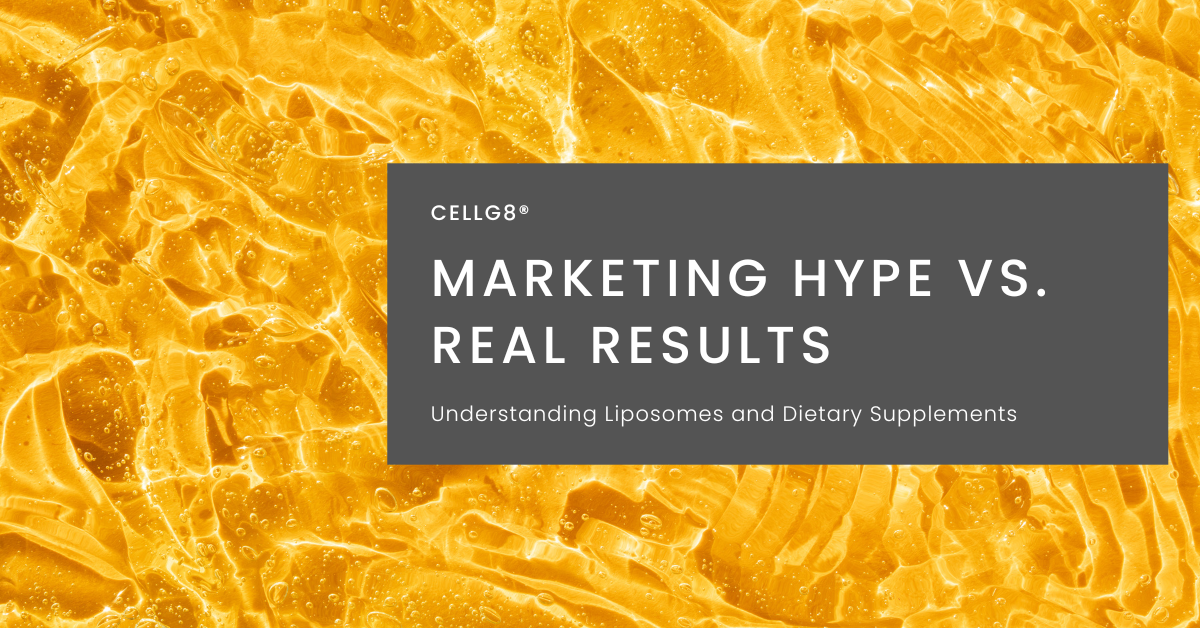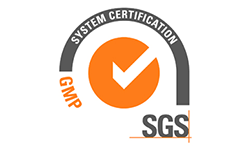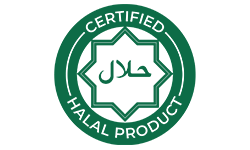Marketing Hype vs. Real Results: Understanding Liposomes and Dietary Supplements
Companies marketing liposomal products often use deceptive materials such as flashy videos of powder dissolving in water or microscopic images of their liposomes, attempting to convince consumers of their product’s superiority without any real results. It’s crucial to look beyond the marketing tactics and understand the science behind liposomes to make an informed decision about their effectiveness.
Let’s begin by addressing the common misconception that liposomes need to dissolve in water to be considered effective. Some companies argue that their liposomal powders dissolve easily in water, implying enhanced efficacy. However, a deeper understanding reveals that liposomes resistant to water and stomach acid are actually more desirable. This resistance allows the liposomes to reach their intended target within the body, leading to better absorption and, ultimately, superior results.
Imagine a scenario where a liposomal supplement dissolves instantly in water. While it may seem impressive, it fails to consider the harsh acidic environment of the stomach. If the liposomes dissolve prematurely, their payload may get destroyed or significantly diminished before reaching the desired location in the body. In contrast, liposomes designed to withstand stomach acid can bypass this challenge, ensuring optimal delivery of nutrients to the target tissues or cells.
Moreover, some companies use terms like “nano-particles” to sound innovative and cutting-edge, but these terms can be misleading. The word “nano” simply refers to something being extremely small, typically on the scale of nanometers. Dissolving common substances like salt or sugar in water can generate nanoparticles, but that doesn’t inherently translate to improved functionality or effectiveness in dietary supplements.
To evaluate the effectiveness of a liposomal product, it’s essential to look beyond marketing claims and focus on real results. The only thing that truly matters is how well the supplement performs and delivers on its intended benefits. Instead of getting caught up in flashy terms, consumers should prioritize tangible outcomes and evidence-based research.
This is where the importance of scientific studies comes into play. We invest in rigorous research to validate the efficacy of our products. Human clinical studies, conducted under controlled conditions, provide valuable insights into the performance of our liposomal supplements. These studies involve human participants consuming our liposomal product, and their health outcomes are monitored and measured.
For a liposomal supplement to be truly credible, the studies must be conducted by independent third parties and subjected to peer review. Third-party accreditation ensures unbiased evaluation, while peer review involves scrutiny by experts in the field who assess the quality and validity of the research. Certified third-party entities, such as universities, validate the results, lending credibility and reliability to the claims made by the company.
In contrast, some players in the liposomal industry may present data from non-accredited third parties without proper publication. Without reputable accreditation and peer review, these claims lack the necessary scientific backing. To make informed decisions, consumers should be vigilant about the source of data.
At CELLg8, we prioritize innovation driven by results. We understand the importance of scientific research in substantiating our claims. That’s why we have invested considerable resources in conducting numerous human clinical studies to demonstrate the efficacy of our liposomal products. These studies have been meticulously reviewed by independent experts and published by certified third parties, ensuring transparency and accountability.
When considering liposomal supplements, it’s crucial to distinguish between marketing hype and scientific evidence. Don’t be swayed by flashy videos or claims that sound impressive but lack substance.
